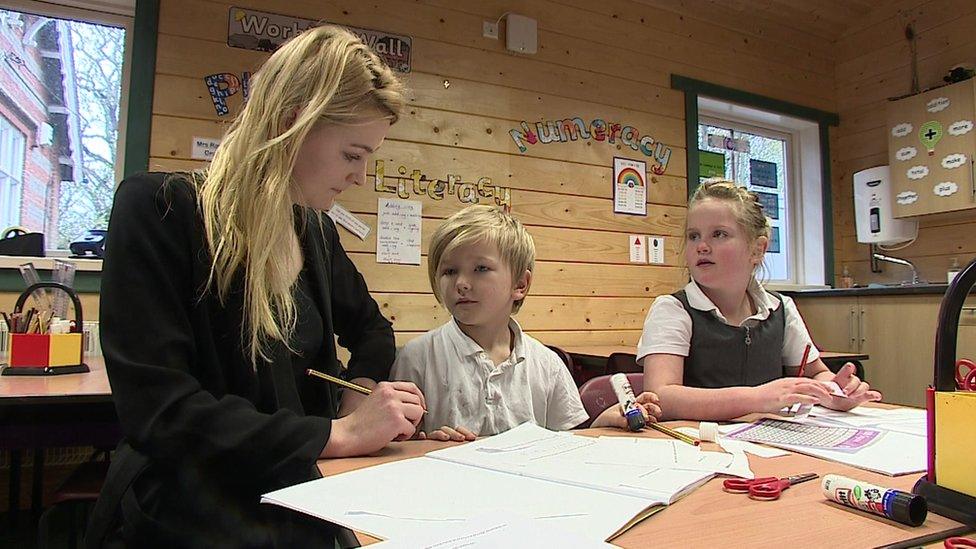Home education: The children going 'not back to school'
- Published
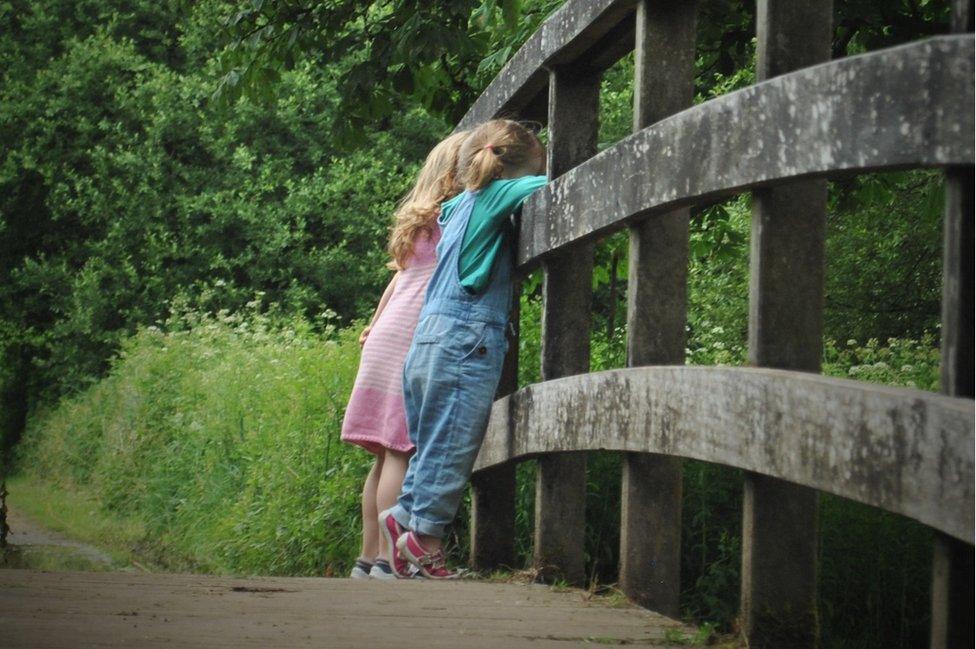
It's that time of year again when social media fills up with photographs of shiny-faced children wearing too-large new uniforms as they head off for the first day of school. But what of those who are home educated? The hashtag #notbacktoschool has been gaining traction as parents post their first day pictures.
Here are some of the pupils - and teachers - who do their learning away from the formal classroom.

Jane Ellis, Rochester
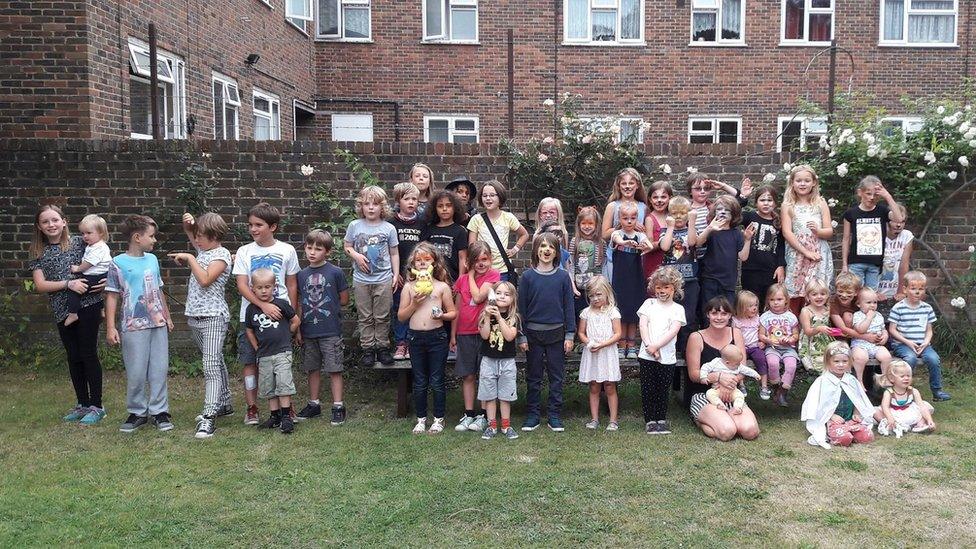
We have a picnic every September to celebrate home education and to welcome and answer questions from new home educators or those who are considering it. Schooled siblings are also welcome although most are back at school then.
Some families have a child in school and home educate another child so we are very inclusive of all situations. I home educate as it allows my children learn at their own pace and follow their interests, as well as to socialise in a mixed age group.

Laura Avery
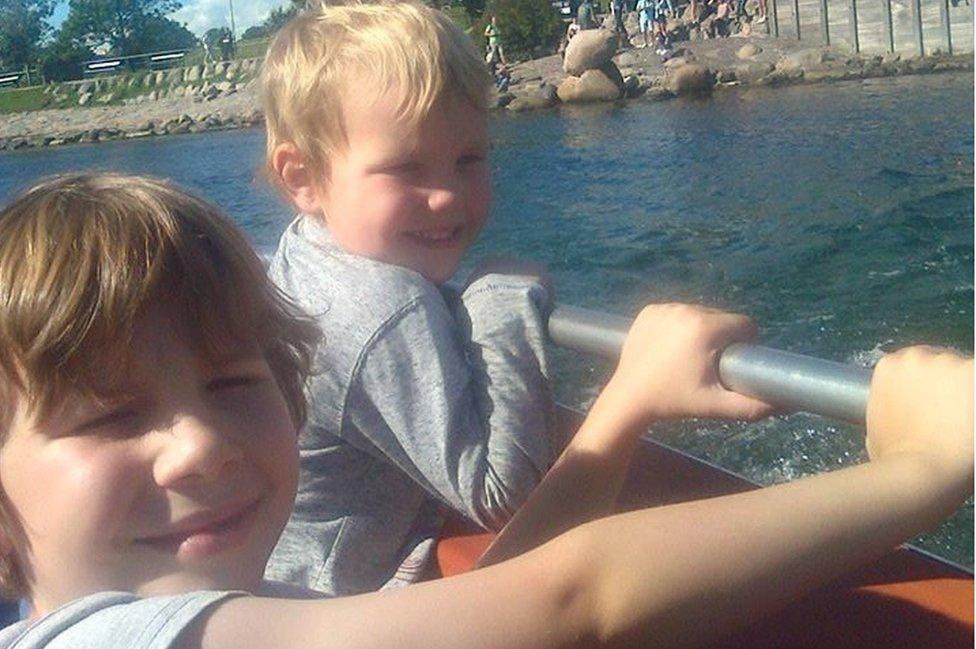
Our Not Back to School picture shows us at The Little Mermaid statue in Copenhagen, learning more about Vikings and Hans Christian Andersen.
We love home education there is no bullying, no forcing square pegs into round holes, no stress, no little tick boxes to fulfil. They're learning at their own pace.

Vikki Voyce, Kent
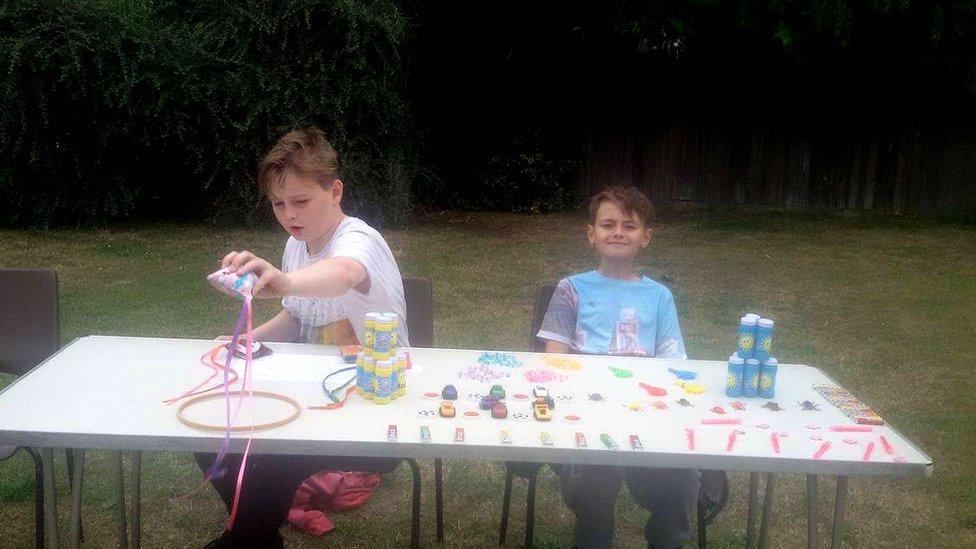
Nine-year-old Harry is home educated due to a lack of suitable provision at his old school. He would spend all day in a tiny room doing nothing. Curtis, 12, receives an education at home due to wanting a more tailored, suitable education that suits his needs better.
This picture shows them setting up a "not back to school" picnic fete.

Katie Pybus, West Sussex
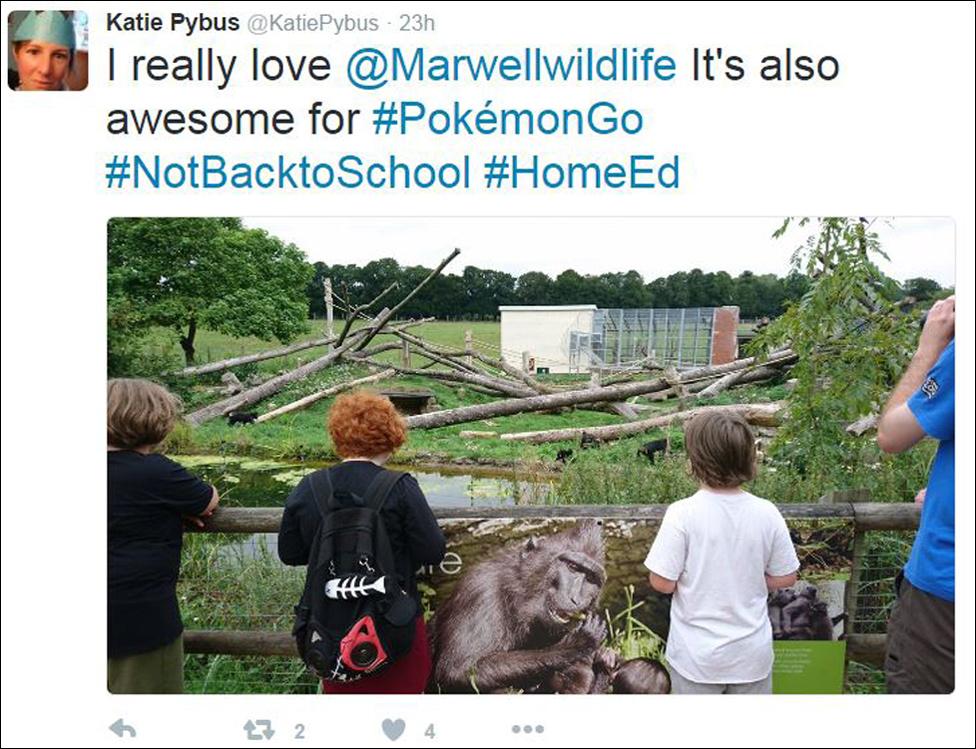
The home education families we know are making huge sacrifices, mainly financial, and in many cases, it would be much easier to send the children to school every day.
Home education is more than about not going to school. When you are with your family all the time you can have different rules about meals, bedtimes and TV.
We are not totally there, our daughter can "self-police" much more effectively than our son, for example, but it is a journey and that is where we would like to go.
So for us it is about being in control, not of our children - aged seven, nine and 11 - but of our lives and having the freedom to seize the moments.
Ten minutes with an interested child is more beneficial than a whole day with someone who is not listening. They don't stop painting because the bell goes, they stop because they have finished.

Home Schooling in the UK
Parents are entitled to teach their child at home, external, either full or part-time.
If your child has already started school, write to the head teacher and tell them you want to take your child out of school. If you're taking your child out completely, they must accept. They can refuse if you want to send your child to school some of the time.
You must make sure your child receives a full-time education from the age of five but you don't have to follow the national curriculum.
If your local council wants to check on your child's education, it can make an "informal enquiry" to make sure your child is getting a suitable education at home. They can serve a school attendance order if they think your child needs to be taught at school.

Louise Alsford, Portsmouth
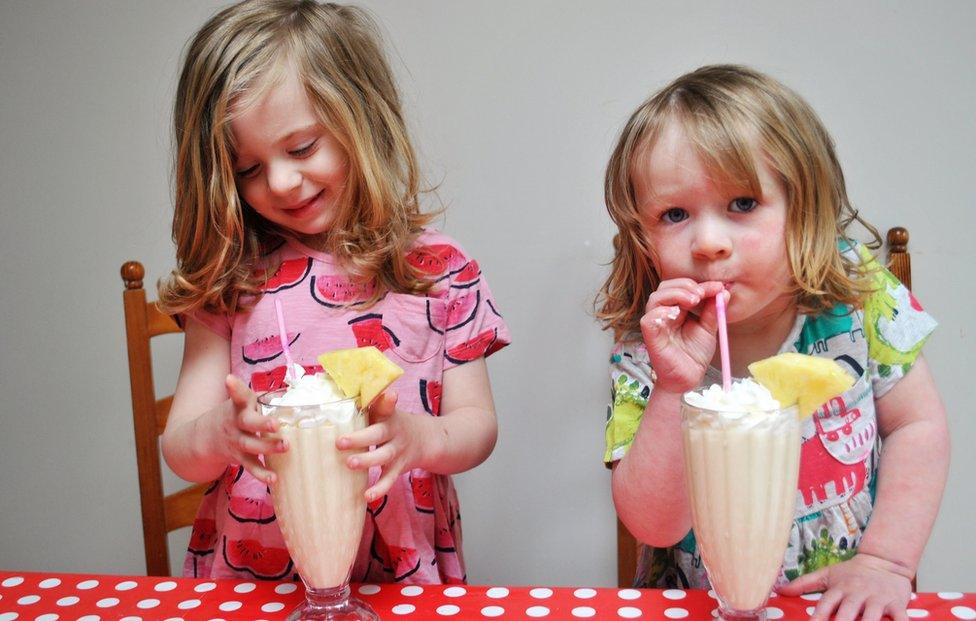
I have a four-year-old daughter, Mabel, who was due to start school this September but we decided to decline her place and home educate instead. She settled fine at preschool when she first started, but then she began to struggle with the number of children all together and without me there.
She's really sociable when we go to the park, or anywhere she can meet other children - she's always looking for friends to make. But she likes to make friends in smaller groups of one-to-one and she likes to have the back up of her mum or dad nearby, just in case. As she's still so little, I don't see a problem with that, and I'm sure she'll expand her social horizons in her own time.
We've already started homeschooling really, it's mostly playing and being creative, lots of reading and the odd maths game and phonics workbook thrown in for good measure. But when all the "first day of school" photos started going up... that was the milestone moment.
I also have a two-year-and-nine-month old, Greta, who is not starting preschool, and a nine-month-old called Ernie.
Instead of school and preschool we read stories, we paint, we play games, we explore our local area, we cook and bake together, we talk about everything and anything - and the girls play endless dressing up games that I don't even pretend to understand.

Maria Parker, Malvern
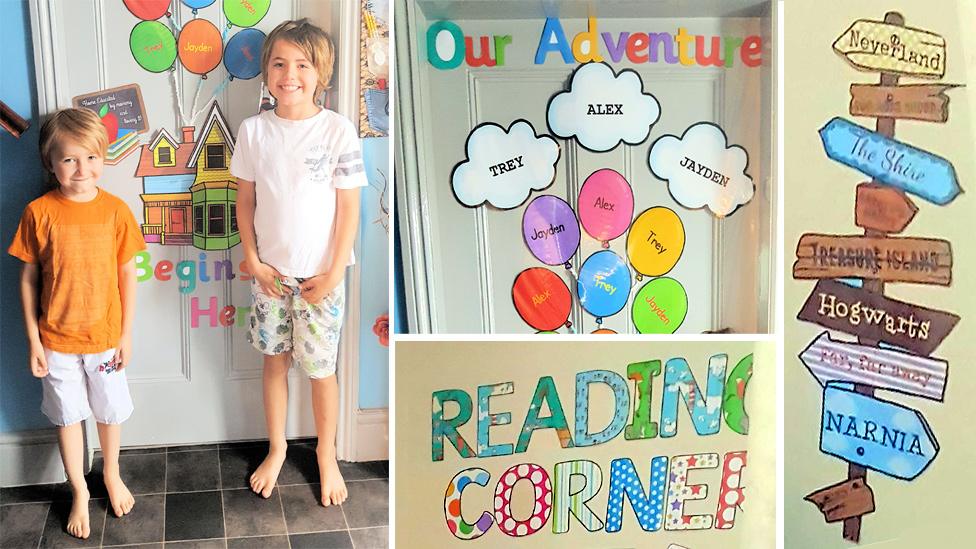
We have just started home educating - until now my children have been in a private school. My son Alex would have been in Year Four and Jayden would have been in Year One.
The school was absolutely brilliant and provided amazing opportunities for both of my children and I thought they would miss out on so much by taking them out.
But I realised that by home educating them and going to different groups within the home education community they will gain more than even a private school can provide, such as more knowledge of the world.
They will definitely benefit from something very precious - which is time with family.
I also have a 17-month-old baby who will be home educated as well.

Katie Grey, Hemel Hempstead
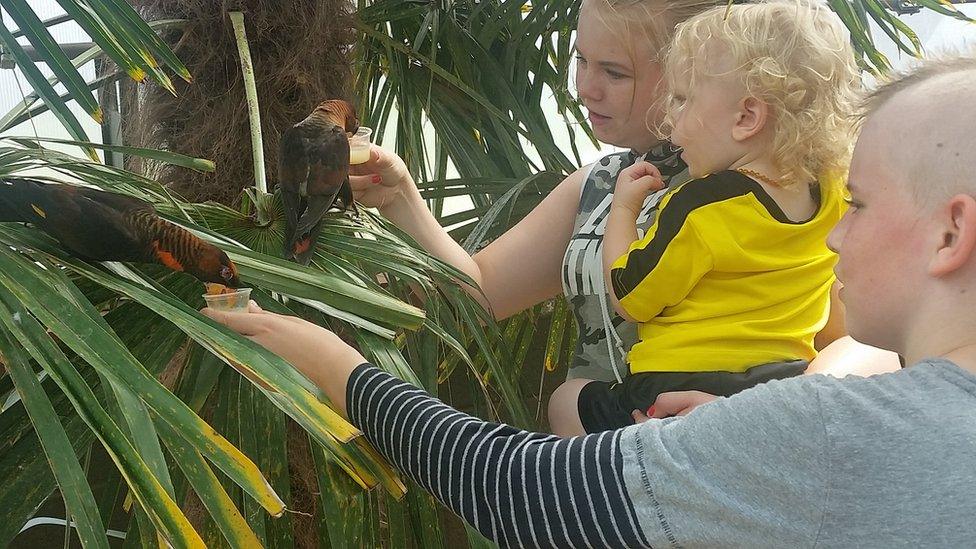
I home educate my children aged 11 and 14. I also have a two-year-old who will not be going to preschool or nursery either.
We choose to home educate following a much more child-led and relaxed approach.
Each of them is able to learn about what interests them in a way that works for them - we are able to provide them with an individual education that meets all of their (constantly changing) needs at any one time.
There is no "one-size-fits-all" package; my children are not pressured to keep up in areas they struggle with and nor are they held back in those areas they find easier.
They are able to form friendships in a more realistic and lifelike sense based around shared interests and common ground rather than only mixing with children born in the same 12-month period as them, and they are able to learn, play and socialise in environments free from bullies.
Home educated children are able to study for GCSEs and other qualifications, and access colleges and universities. For us as a family there isn't really a downside to home education.
- Published21 December 2015
- Published16 July 2015
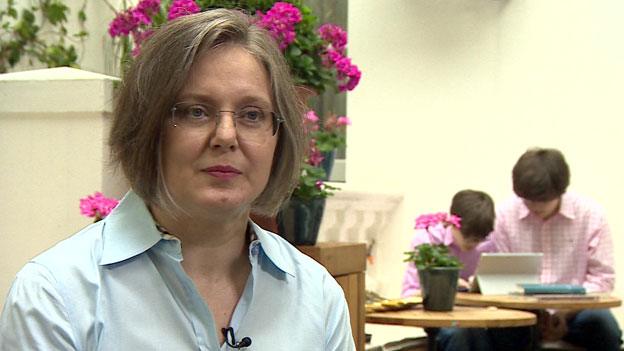
- Published2 September 2015
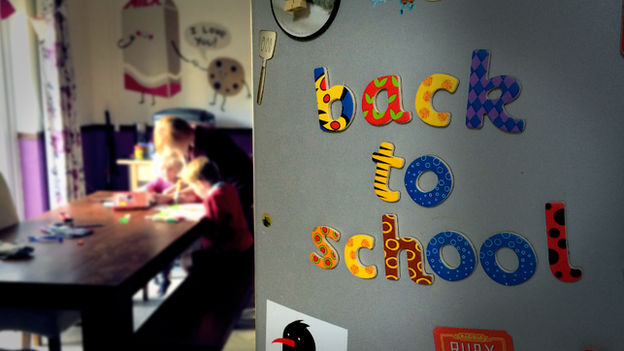
- Published21 December 2015
